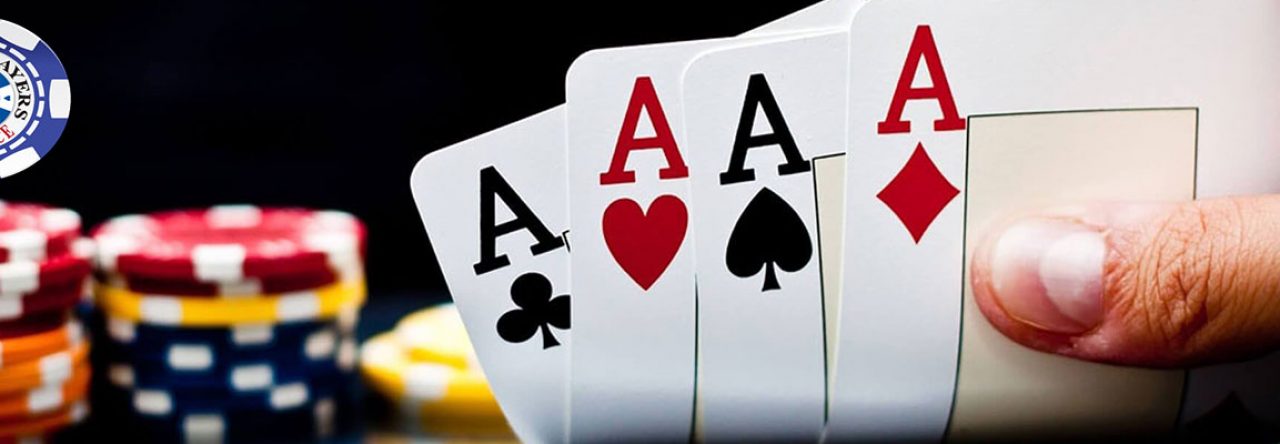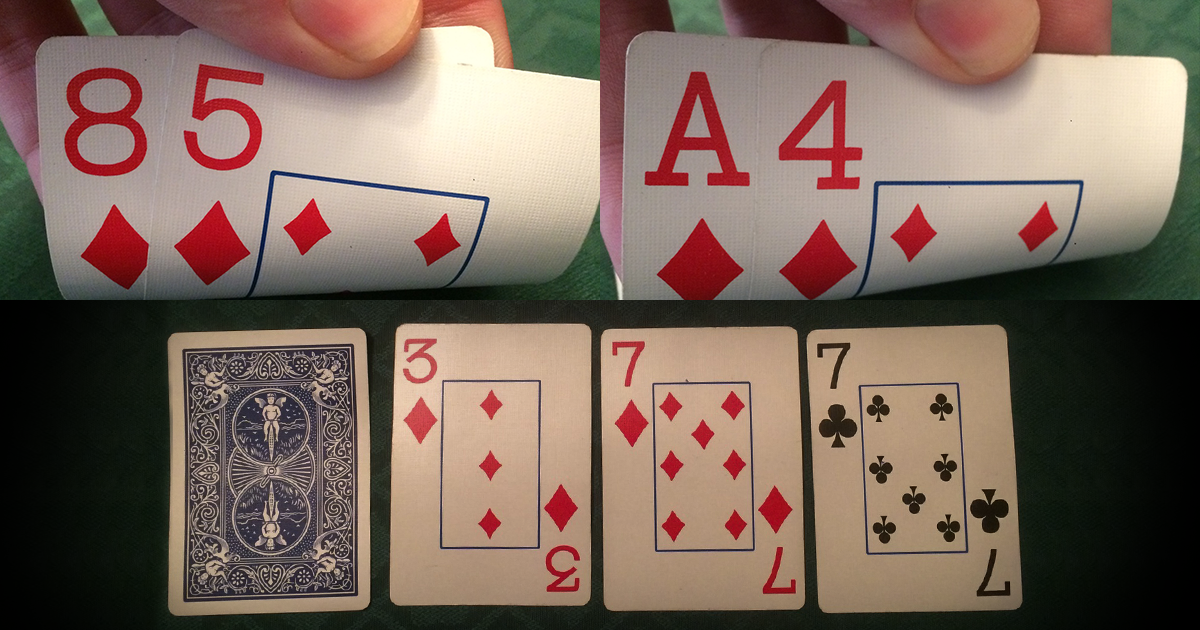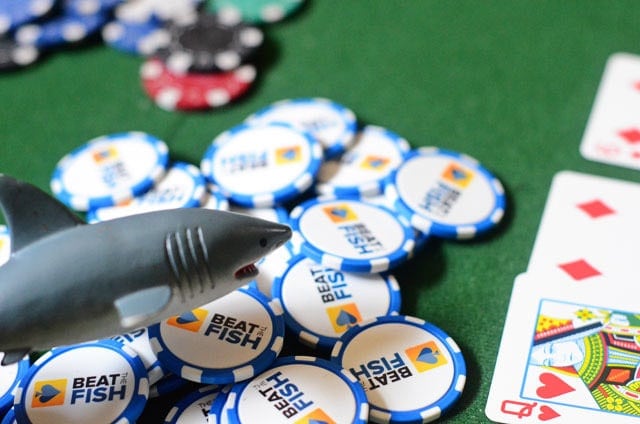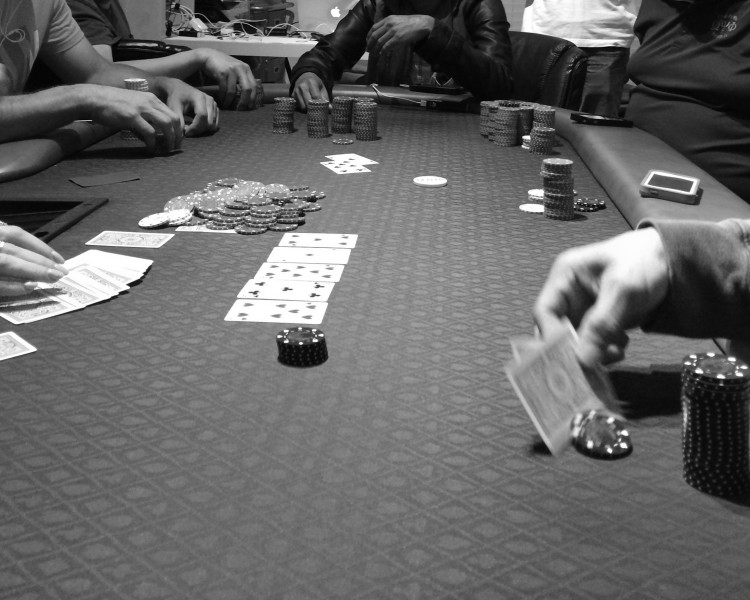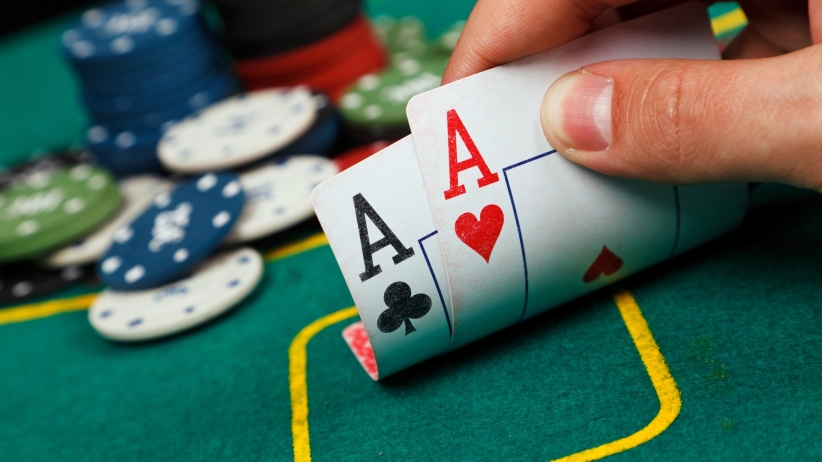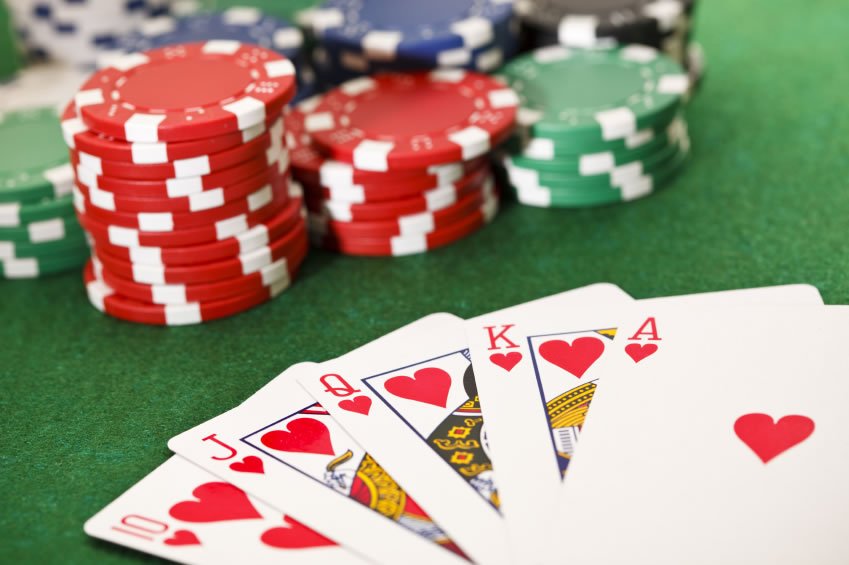My top ten poker tips aim to help players with their poker strategy, approach and continued enjoyment of both online poker and live poker games. The poker tips are not listed in any particular order of importance except perhaps the first.
1. Bankroll level
Play at a buy-in level that suits your bankroll and attitude to risk. Never play with more than you can afford to lose. If paying the rent depends upon the result of a tournament or a single hand, you may find the pressure leads to poor decision making and a disproportionate reaction to the bad beats all poker players endure.
2. Do not chase your losses
If you lose a major portion of your table stake in one or several large pots, do not try to recoup your losses in a ‘do or die’ fashion. Stick to your sound, proven poker strategy; wait for your next playable hand and look to recover your losses over the longer term.
Similarly, if you take a big hit to your poker bankroll in one or several sessions, do not move up to a higher buy-in level thinking, ‘one good win and I’m back to where I started.’ Often you will play the higher buy-in level with a too loose or too tight attitude, neither of which is natural to your game.
No matter if you are playing $0.25/0.50 or $25/50; if you have lost 80% of your buy-in for any reason, do not throw the rest away. That remaining 20% (if you walk away with it) should be thought of as profit; because if you don’t, it is a loss.
If you take a big hit to a previously healthy tournament stack; re-evaluate your options for the amount of chips you have left and make the best use of them.
3. Do not play too many hands
Avoid playing too many hands especially the marginal ones unless you need to; more often, play the hands which have a better chance of winning.
Remember, when folding pre-flop, you are playing your cards. The reason to fold can be various including, too many players already in the hand, you are out of position, the price is too high or the cards dealt are just plain rubbish. The reason to enter the hand must be equally clear.
Online poker pocket cards are dealt to each computer simultaneously; effectively everyone sees their starting hand at the same time. Players can consider their options before it is their turn to act and may tolerantly follow through with their decision, regardless of the table action. Before you decide to play or fold; consider what has happened before you in the betting round and what may happen after your action.
4. Recognise trends
There are two trends to understand; table trends and player trends.
Table trends
Observe a cash table and make a reasoned assessment of its character before taking your seat or getting heavily involved in the action. Adapt your game to one that best suits allowing you to profit. The common thought of ‘if a table is loose, play tight and vice versa’ often applies. Do not be put off if a cash table is more passive or more aggressive than you would like, provided you can adapt your game to suit the condition. However at times, it may be prudent to find another table, sit out or even leave one where the action is far from that with which you are comfortable.
In a tournament you take what you are given but remember, changes in the players seated and the blind/chip stack ratio, means the table character will fluctuate.
Playing any table should not necessitate you making drastic strategy changes; generally you should consider subtle adjustments to what is already your standard profitable game.
Player trends
Recognise the LAG, TAG, LP and TP players at your table and have a strategy in mind to compete with them.
You may find a player who will always raise from the button or in the small blind if the table folds to that seat, regardless of the cards they hold. Others may play any Ace they are dealt. While you cannot tell exactly what cards a player is holding, you may gain an advantage in a number of hands.
Do not look for trends that are not there when playing online. If a player takes a long time to come to a betting decision, it may be they are playing several tables at once, rather than hatching a cunning plan.
Read More
